
HIV testing services (HTS) remain the entry point to the care we provide in our clinics. Reaching more people — as early as possible — is the key to delivering high quality health care and improving health outcomes.
Baylor Foundation Eswatini contributes vast pediatric expertise at a national policy level as a member of Eswatini’s HTS Technical Working Group, which is part of the country’s AIDS Programme to achieve an HIV-free generation and an AIDS-free population.

In combination with our HIV/AIDS testing and treatment, we offer routine child healthcare services, such as immunizations and TB screening.
Our support programs, such as Teen Club and Sibancobi Camp, allow the clinic to be a place of empowerment and emotional growth as well as a place of high-quality medical care and scholarly activity. The psychosocial resources (depression screening, disclosure support, home visits, and more) round out our integrated approach to healthcare, addressing the emotional, physical, and mental health needs of our clients.
At Baylor Foundation Eswatini, we adhere to a family-centered model of care that extends beyond the service delivery to our young clients, but their caregivers and siblings as well. This includes offering services such as family planning support, cervical cancer screenings and treatment, HIV testing and treatment, TB testing and treatment, and counseling/psychological support for the entire family unit.
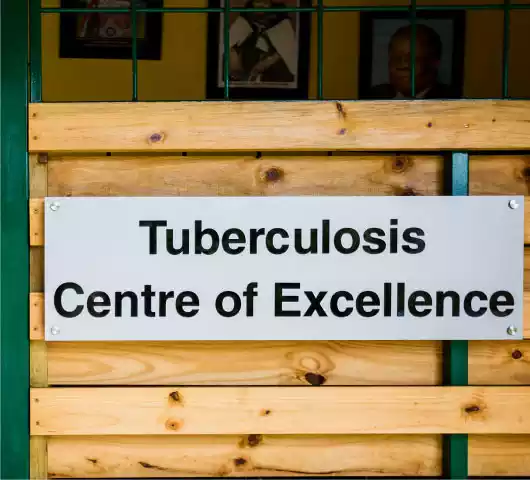
As the Ministry of Health’s primary pediatric TB care provider, Baylor Foundation Eswatini continues to provide high-quality, integrated TB/HIV care for clients and family members at risk, as well as conduct research that informs internal and national policy. Our TB operations are carried out in collaboration with the Global TB Program at Texas Children’s Hospital and Baylor College of Medicine.
The TB Centre of Excellence (TB COE) in Mbabane offers onsite digital radiography and rapid TB diagnostics—reducing the time to diagnosis and treatment for clients to same day. In June 2017, we introduced depression screening for this high-risk population.
Intensive Case Finding
Our staff maintains a robust case-finding program that seeks out and evaluates household contacts of TB clients receiving care at Baylor Foundation Eswatini and the Mbabane Government Hospital TB clinic. We conduct these home visits two to three days per week. In 2016-2017, the TB COE piloted a new TB contact register for the National TB Control Program modeled on tools developed through our earlier WHO-funded Butimba TB project.

Baylor Foundation Eswatini follows the four- pronged approach to PMTCT: preventing HIV, preventing unintended pregnancies in women with HIV, preventing HIV transmission from mothers to infants, and supporting those who are living with HIV. Reducing unintended pregnancies in women, especially among adolescents and women living with HIV, is also a part of the government’s SRH strategic plan. Baylor Foundation Eswatini supports this mission by providing a broad range of family planning methods, ranging from condoms to hormonal contraception.

In 2015, the WHO issued new global guidelines: Every person with HIV should begin ART right away, a practice known as “test and start.” Working with the government and other partners, Baylor Foundation Eswatini has put the new recommendations into action, ensuring that HIV-positive individuals begin ART within one month of diagnosis. To that end, we have scaled up ART coverage from 72% at the beginning of the 2016-2017 year to 98% by the end.
We have also continued our “in-reach” program, with support from UNICEF, in which our clinicians follow up with clients who miss appointments by phone and home visits. This effort has reduced ART lost-to-follow-up clients from 2.3% to less than 1%.
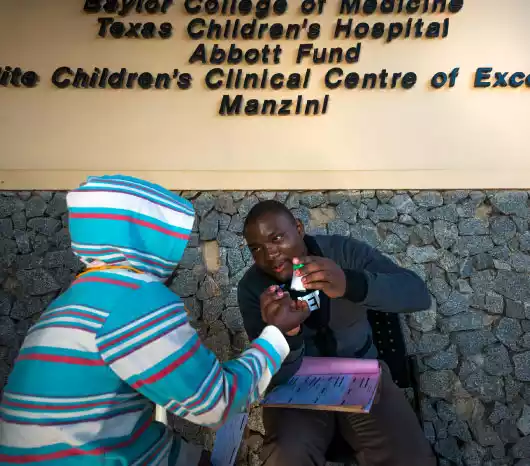
Integrating routine child healthcare services into HIV/AIDS care and treatment is a core mandate for Baylor Foundation Eswatini. Clients are vaccinated against communicable diseases, including TB, diphtheria, pertussis, tetanus, hepatitis B, polio, and measles. They are also screened for TB and other diseases often associated with a compromised immune system. As needed, children receive vitamin A supplements, deworming tablets, and RUTF (“Plumpy Nut”), and food supplements provided by the United Nation’s World Food Program’s Food-by-Prescription project.
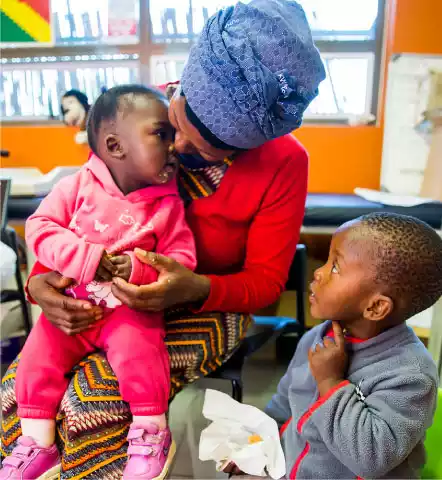
Our antenatal care (ANC) and prevention of mother-to-child transmission of HIV (PMTCT) services have created some of the most profound gains for Emaswati families. By enrolling mothers in health services throughout their pregnancy and beyond, we have increased HIV testing, provided continuing health education, and ensured infants never contract HIV.
The results speak for themselves: Of the infants under our care, all were HIV negative up to 18 months of age. Our holistic approach includes everything from psychosocial support to HIV-positive women to routine obstetric healthcare services. All those with HIV were initiated on antiretroviral therapy (ART) as part of our initiative to start pregnant and lactating women on lifelong ART. The social work department is critical in helping mothers overcome anxiety and obstacles to treatment. And our Mother-Baby Pair program, ensures we can provide better care for whole families.
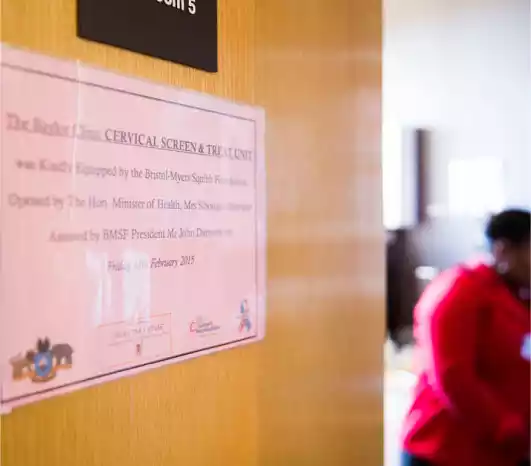
Cervical cancer is the leading cause of cancer related deaths among women in Eswatini, although almost entirely preventable through regular screening.
Baylor Foundation Eswatini, in partnership with other 2 local organizations (the Eswatini Breast and Cervical Cancer Network, and FAWESWA), led a groundbreaking initiative to create cancer awareness among individuals in communities and conduct screening of community members including clients enrolled in our clinics for breast, cervical, lung, prostate, and pediatric cancers. Furthermore, women eligible for cervical precancerous treatment receive treatment through this initiative.
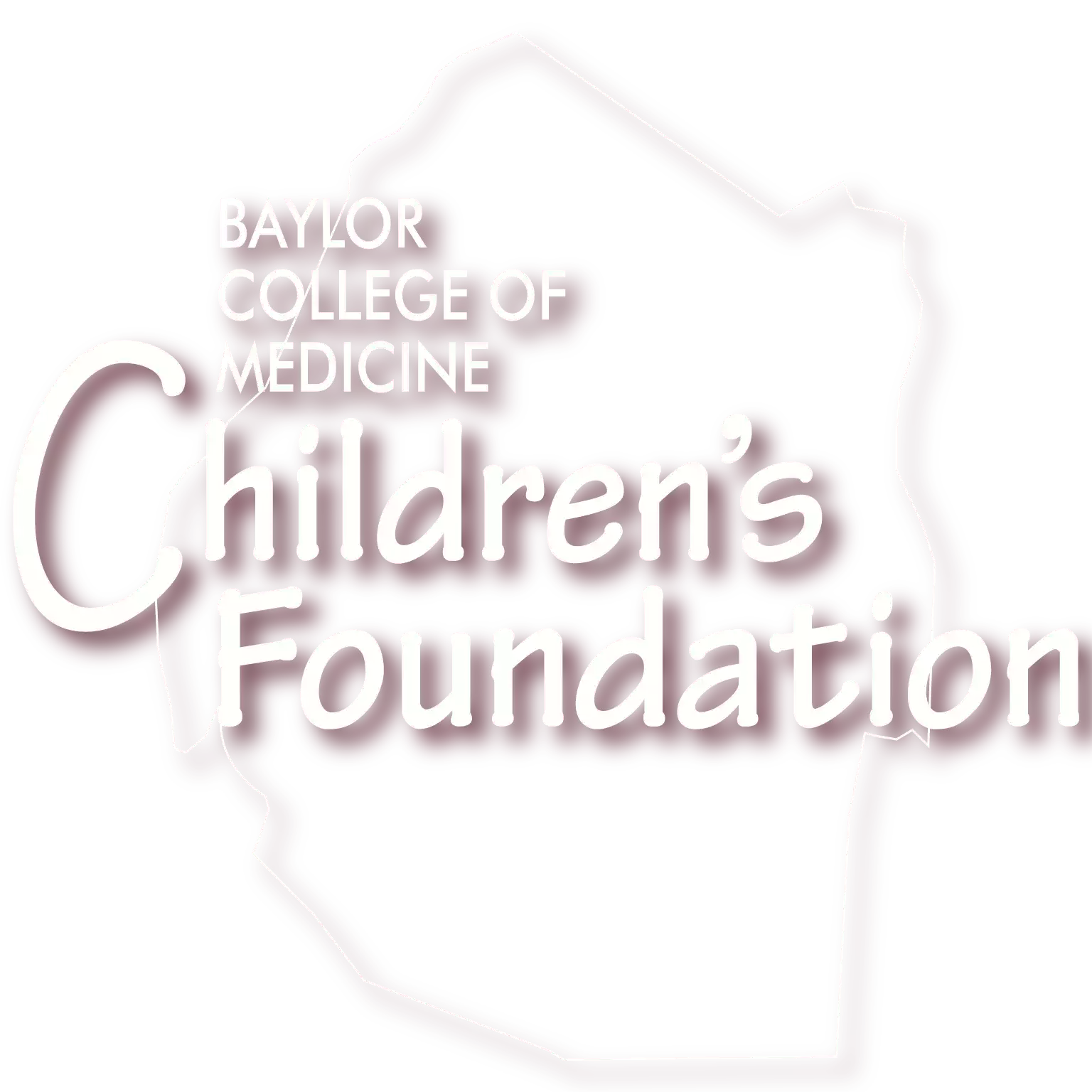
Baylor Foundation Eswatini
PO Box 110
Mbabane, Eswatini
Tel. No.: +268 2409 6000